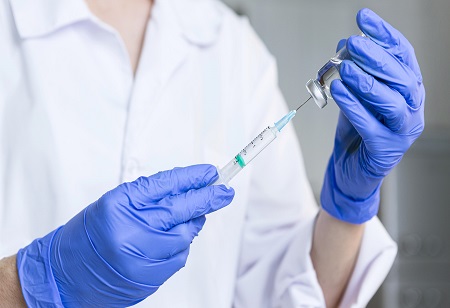India Pharma Outlook Team | Wednesday, 06 March 2024

GSK plc announced that ViiV Healthcare, the global specialist HIV company majority owned by GSK, with Pfizer and Shionogi as shareholders, announced positive findings from its phase I study showing that an investigational formulation of cabotegravir, known as cabotegravir ultra long-acting (CAB-ULA), can be dosed at intervals of at least four months.
This is the company’s first step towards delivering ultra-long-acting injectable HIV treatment and prevention medicines that would potentially enable people to have at least four months between visits to the clinic.
Data also showed that the intramuscular dosing of CAB-ULA has a safety and pharmacokinetic (PK) profile that supports a longer dose interval. These findings were presented at the Conference on Retroviruses and Opportunistic Infections (CROI 2024) in Denver, Colorado.
ViiV Healthcare is conducting a registrational study of CAB-ULA in 2024 to further evaluate its use for the prevention of HIV in adults. Future areas of study will include its potential use in combination with other medicines as a complete, ultra-long-acting HIV treatment regimen.
Kimberly Smith, M.D., MPH, head of research and development at ViiV Healthcare, said: “The HIV community has told us of their desire for longer-acting medicines that can help alleviate the burden of daily treatment. ViiV Healthcare is a pioneer and leader in the development of long-acting HIV medicine, having already brought innovations through injectable therapies to the HIV community. With this new formulation of cabotegravir (CAB-ULA), which has a higher concentration and more than twice the half-life, we have paved the way for a four-month regimen for HIV treatment and PrEP."
Ongoing. An open-label, single-dose, scale-up phase 1 study in 70 healthy adults evaluated the safety and PK of two different cabotegravir formulations and the potential for long-term stability and a low dose of these regimens compared with cabotegravir intramuscular formulation (CAB200) at 200 mg/ml, which is currently approved for HIV prevention alone or for HIV treatment (in combination with rilpivirine).